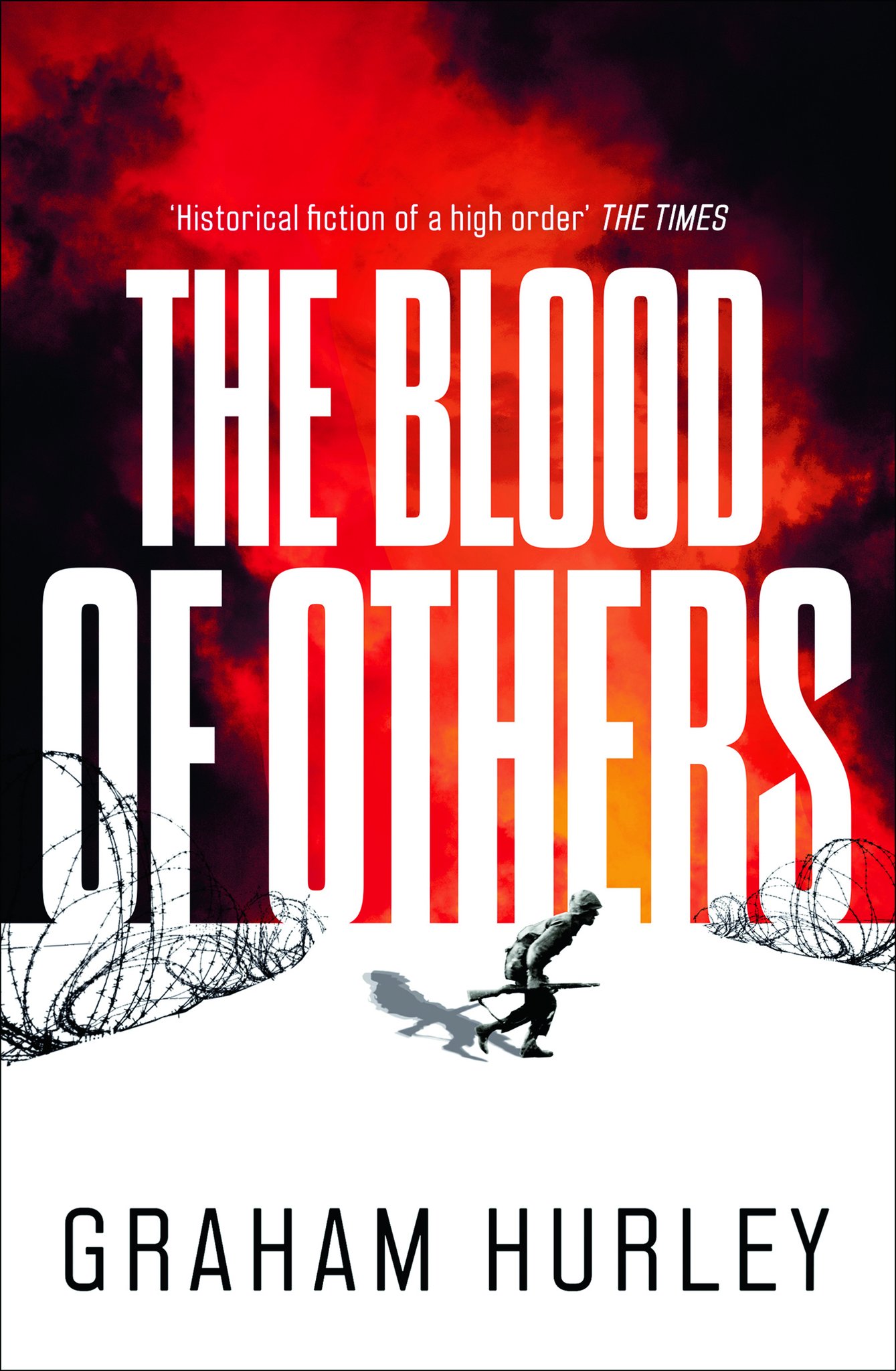
Writing historical WW2 fiction, after sixteen Cri-Fi titles, was always going to be the deepest pleasure. No more weekly catch-ups with knackered cops. No more covert meets with rich players from the Dark Side. Just a huge pile of books, diaries, letters, each of them shedding yet more light on seven murderous years that probably qualify as the biggest crime scene ever.
Early on in this adventure, I decided to mix a smallish repertory company of recurring characters, all of them fictional, with real-life names and reputations that still command attention. I wanted the giants of the war – German, British, American – to share scenes with my invented band of brothers (and sisters), but to make this work I knew I had to guarantee their authentic presence on the page. They had to look the part, dress plausibly, and above all bring themselves and successive books alive through dialogue. In short, they had to sound right.
The visuals were relatively simple. Half an hour on the internet will gift you hundreds of black and white photos of Churchill, or FDR, or Hitler, while even the briefest newsreel clip will offer priceless body-language clues to what’s going on inside. Hitler is stiff, and a little defensive. Churchill is always hunting for the next camera. FDR is the past-master of hiding inner tensions behind a mask of benign affability. All three, in keeping with the lesser mortals around them, have learned how to curtain their souls.
But any writer knows that it’s soul that makes a novel tick. When two characters in any of my war collection are together, one fictional, the other anything but, the dialogue and the interaction has to be seamless, each reacting to the other, each totally in role, each earning a nod, or a smile, or some gesture of belief. Difficult? Yes. Impossible? Hopefully not.
As the collection of novels developed, I began to get the measure of this strange new discipline, learning how to invite real people into conversations that never happened with fictional characters who never existed, and yet keeping each interaction totally seamless. Samuel Taylor Coleridge had a phrase for this phenomenon. He called it ‘the willing suspension of disbelief’, in other words believing something to be true when it plainly isn’t.
Quite why this should happen has always been a mystery to yours truly but in the spirit of optimism I put it down to that strange alchemy on which the writer depends. Crank up the tension, pay respect to the smallest details, and most readers will wet a fingertip and turn the page. A scribe, says me, can ask for nothing better.
In scenes like these, the writer must learn to hold his nerve. To date, I’ve borrowed dozens of heavyweight warlords and luminaries to thicken my fictional soups but it wasn’t until The Blood of Others that I strayed onto royal turf.
This latest title explores the background to the Dieppe Raid, a one-day excursion that left thousands of Allied troops, overwhelmingly Canadian, either dead, injured, or taken prisoner. One of their commanders had assured them that the landing would be ‘a piece of cake’. For decades afterwards, on 19th August every year, he received hundreds of carefully-wrapped slices of gateaux through the post, along with a variety of messages, all of them deeply personal.
But the real responsibility for one of the war’s avoidable catastrophes lay with Vice-Admiral Louis Mountbatten, recently appointed Chief of a new body called Combined Operations. With his film star looks, his royal connections, and his boundless ambition, he drove the doomed expedition to its costly end and over the weeks and months that followed, artfully massaged a disaster into an invaluable rehearsal for the D-Day landings that were to follow.
Mountbatten, second cousin to King George VI, thus earned his appearance in The Blood of Others, and I consulted source after source to make him look and sound exactly right. In this scene he’s talking to a young Canadian journalist, George Hogan, about the prospects for Command Ops latest – and most ambitious – expedition.
‘We need to keep the wretched Germans on their toes, Hogan. Every time we turn up and leave our calling card they have no alternative but reinforcement. Someone very shrewd at the Palace told me yesterday that we’re in the business of humiliation. We land in Norway and France and God knows where else and make fools of them. Men in penny packets, just a handful, but the right men, with the right attitude, and right equipment. Very few people thought any of this could ever be possible but it’s been a pleasure to prove them wrong, and you know where the biggest thank yous come from? Moscow, Hogan, because every German wasting his days on the Atlantic coast is one German less on the Eastern Front. That’s what we get up to here,’ he gestured at the pad on Hogan’s knee. ‘Write it down.’
A good friend recently read this scene and enquired about the crime of lese-majesty, of insulting those of royal blood. Was it, he wondered, still a hanging offence? I said, truthfully, that I didn’t know. And – fingers crossed – I never will. But that’s not the point.
I’ve worked very hard to make Mountbatten plausible on the page knowing that fiction, when it works properly on us, can turn something that never happened into something utterly credible. Coleridge was right. Our disbelief suspended, we’re happy to be deceived.

The Blood of Others by Graham Hurley
published in Hbk by Head of Zeus on 6th July at £20
Read our REVIEW